Climate Impacts Gallery
Visual evidence of climate change's devastating effects on ecosystems worldwide.
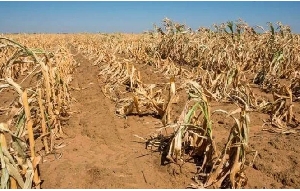
Drought
Zambia and the region have faced severe droughts over the past four years a clear impact of climate change.
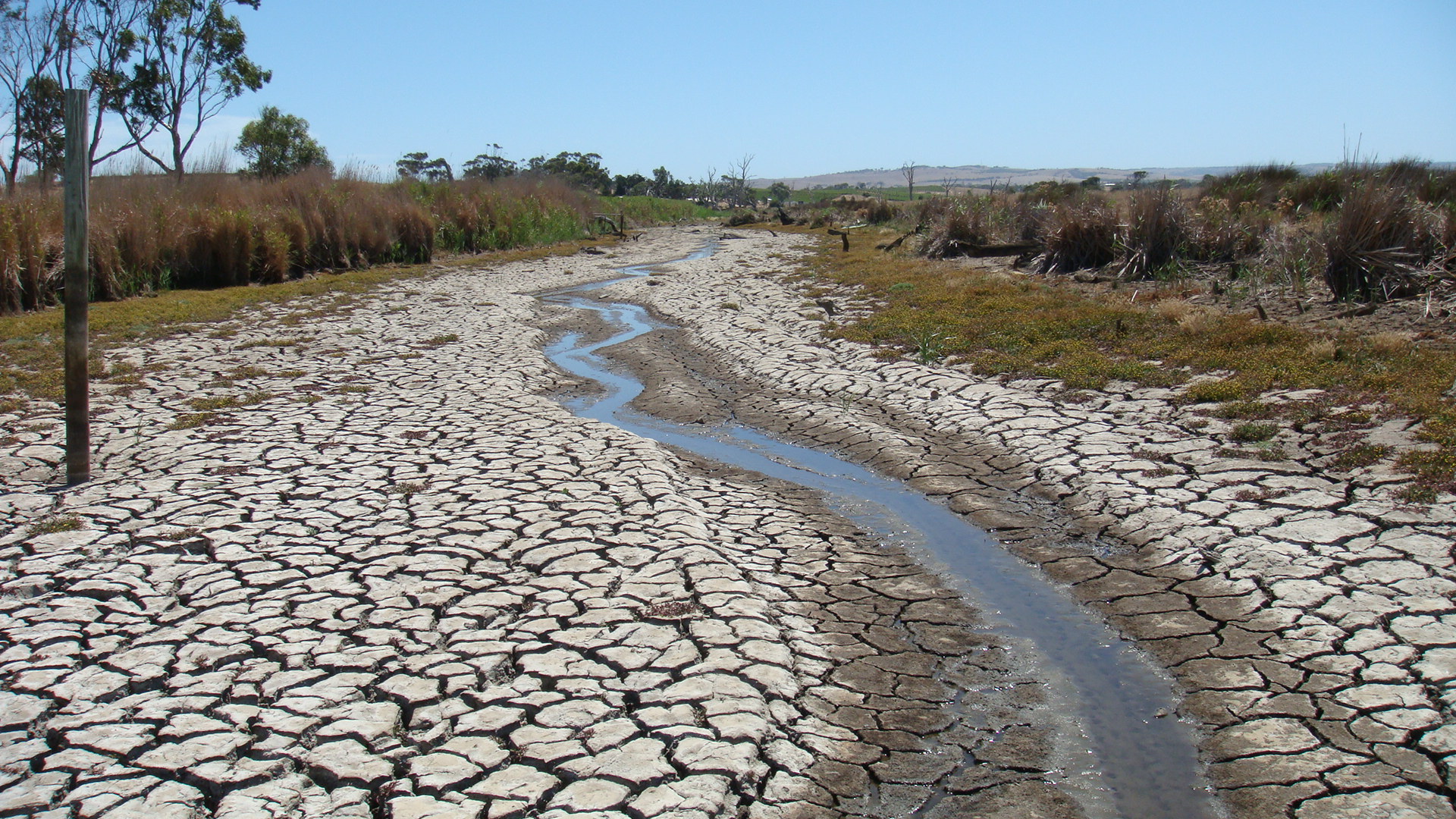
Drying Wetlands.
Shifts in rainfall and rising temperatures are reducing water availability, threatening both drinking supplies and agricultural irrigation.
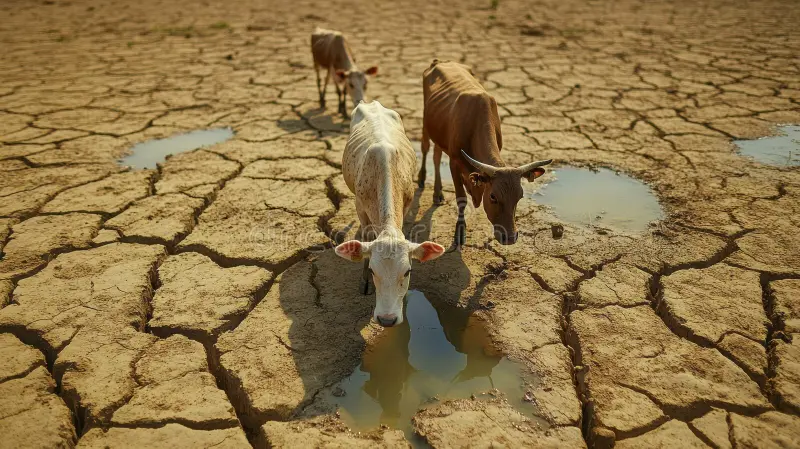
Impacts on Wildlife
Climate change directly affects animals. Cattle numbers, for example, have dropped due to rising temperatures and scarce food and water.
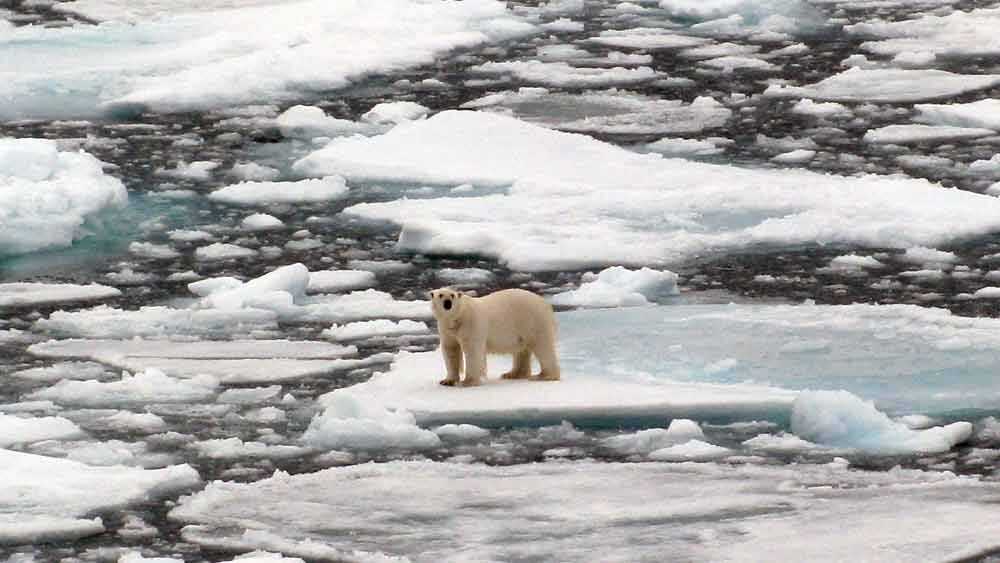
Melting Ice Polar
Melting polar ice both sea and land is a major effect of climate change, mainly caused by human-driven greenhouse gas emissions.
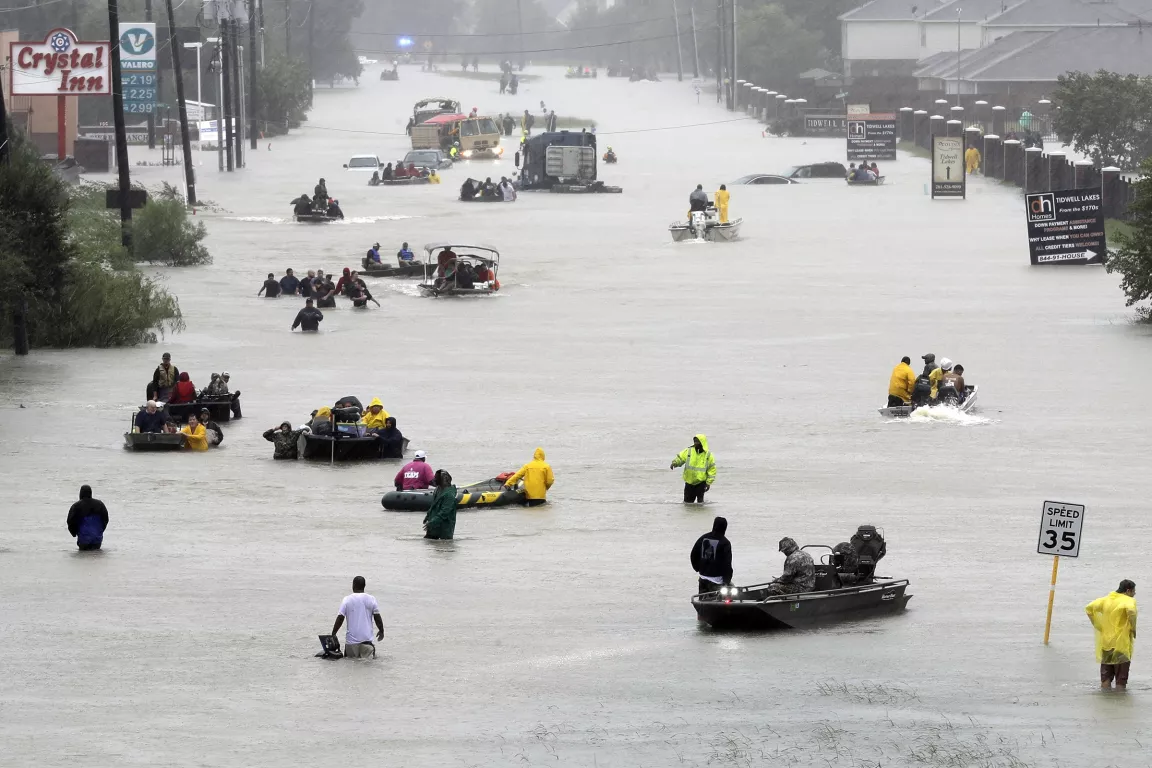
Hurricane
A hurricane is a powerful low-pressure system with swirling clouds and storms, fueled by warm tropical ocean waters.
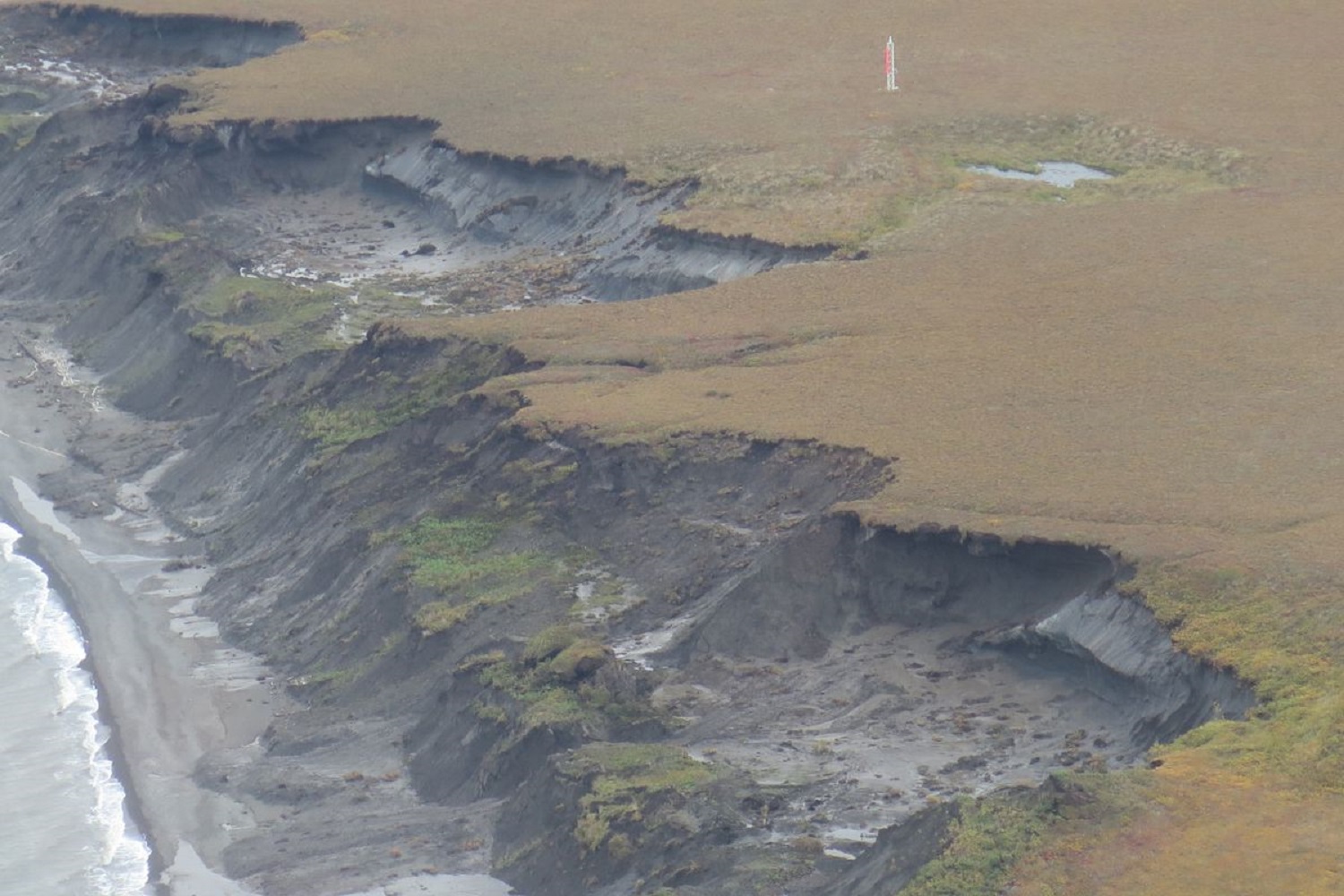
Permafrost Thaw
Releasing ancient carbon and methane